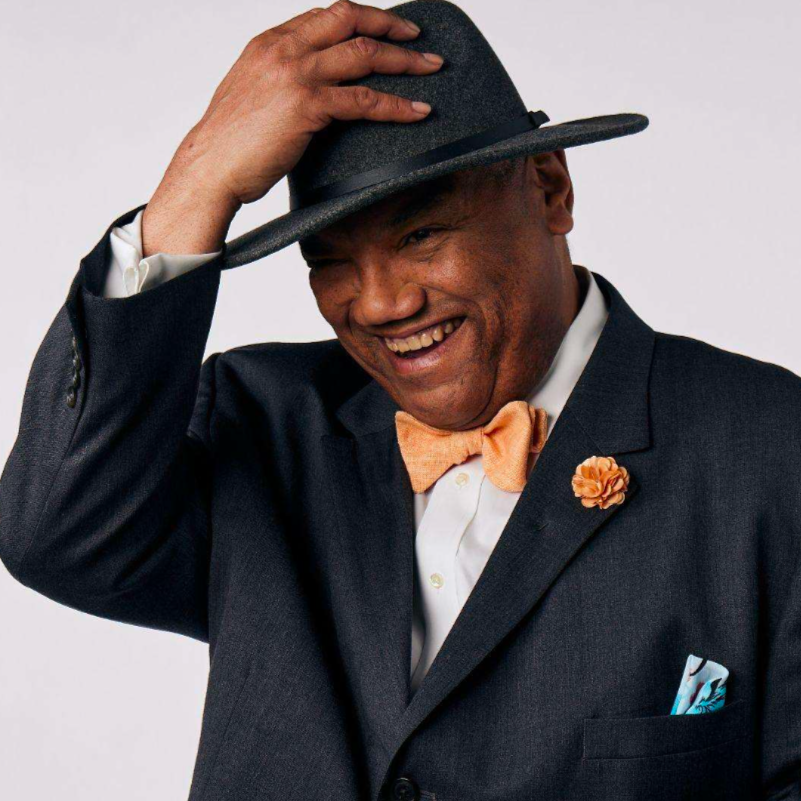Beasley plotting new path to the quarterback

On the night he was drafted by the Falcons in 2015, Vic Beasley wryly stated that he’d get “double-digit” sacks as rookie.
Humble and soft-spoken, Beasley wasn’t bragging. The country music fan, who was drafted eighth overall out of Clemson, knew that expectations were high for the Falcons’ then-dormant pass rush.
While battling with a torn labrum injury, Beasley finished his rookie season with four sacks before breaking loose last season for 15.5 sacks. That earned him the Deacon Jones Award as the NFL’s leading sacker.
With that success, Beasley knows he’s going to get more attention from opponents in 2017. He started to see extra blockers late last season.
“I’m going to accept the attention,” Beasley told The Atlanta Journal-Constitution during minicamp. “I know some of the elite pass rushers in the league like Khalil (Mack) and Von (Miller), they get a lot of attention just like that.”
In addition to his sacks, Beasley last season led the team with 16.5 quarterback hits and 33.5 hurries. Totaled with his sacks, he affected the quarterback on 65.5 plays and was named first-team All-Pro.
With those type of numbers, Beasley is bracing for the challenge of increased attention from opposing offensive coordinators.
“Yeah, I was definitely expecting it as I progressed as a player and becoming a better player over the course of my career,” Beasley said. “I knew that I was going to start getting more attention like the elite pass-rushers in this league. It comes with the success.”
Beasley, who added some countermoves to his pass rush last season under the guidance of since-departed defensive line coach Bryan Cox and future Hall of Famer Dwight Freeney, has been working on how best to maneuver through more traffic.
He’s expecting tight ends or running backs to chip on him sometimes. He also expects that some teams may pop him with a tight end and have a running back waiting to block in the backfield. In that case, he’ll have three blockers to beat on his path to the quarterback.
That’s his “one thing” he’s trying to improve on this offseason.
“It’s just the attention that I’m about to get,” Beasley said. “You get chippers and a lot of attention, whether it is two or three men blocking you. (I) worked on things and practiced those type of things out there on the practice field. Then I’ll try to see if I can apply it to the game.”
Beasley had no sacks in the playoffs while facing quality right tackles and drawing some extra blockers.
“When they bring three, it’s pretty rough, but the main thing is realizing the play before the play actually happens,” Beasley said. “That’s when you realize what you are about to get and what’s going to be coming your way. That all goes into the game plan and getting ready throughout the week. I think being well-prepared will definitely help me to become more effective.”
The Falcons drafted rookie Takkarist McKinley, a defensive end from UCLA, in the first round with the 26th pick. Based on the start to Beasley’s career, it may be wise to temper the expectations for a rookie who was drafted much lower.
However, with the additions of McKinley and free agents Dontari Poe (tackle) and Jack Crawford (end), new defensive line coach Bryant Young hopes to have a more balanced pass rush, or at least one that will not allow the opposition to dedicate extra resources to stopping Beasley.
“I think we have a great line,” Beasley said. “We have people that we put into the puzzle. I think they are going to execute very well.”
McKinley will join the group in training camp after he recovers from shoulder surgery.
Beasley credits some of his breakthrough to the lessons he learned from Freeney. He’s not sure if Freeney will re-sign with the Falcons, but he plans to carry on Freeney’s teachings.
“We are definitely headed in the right direction,” Beasley said. “With the help of Dwight last year, we are just going to build off of that.”



